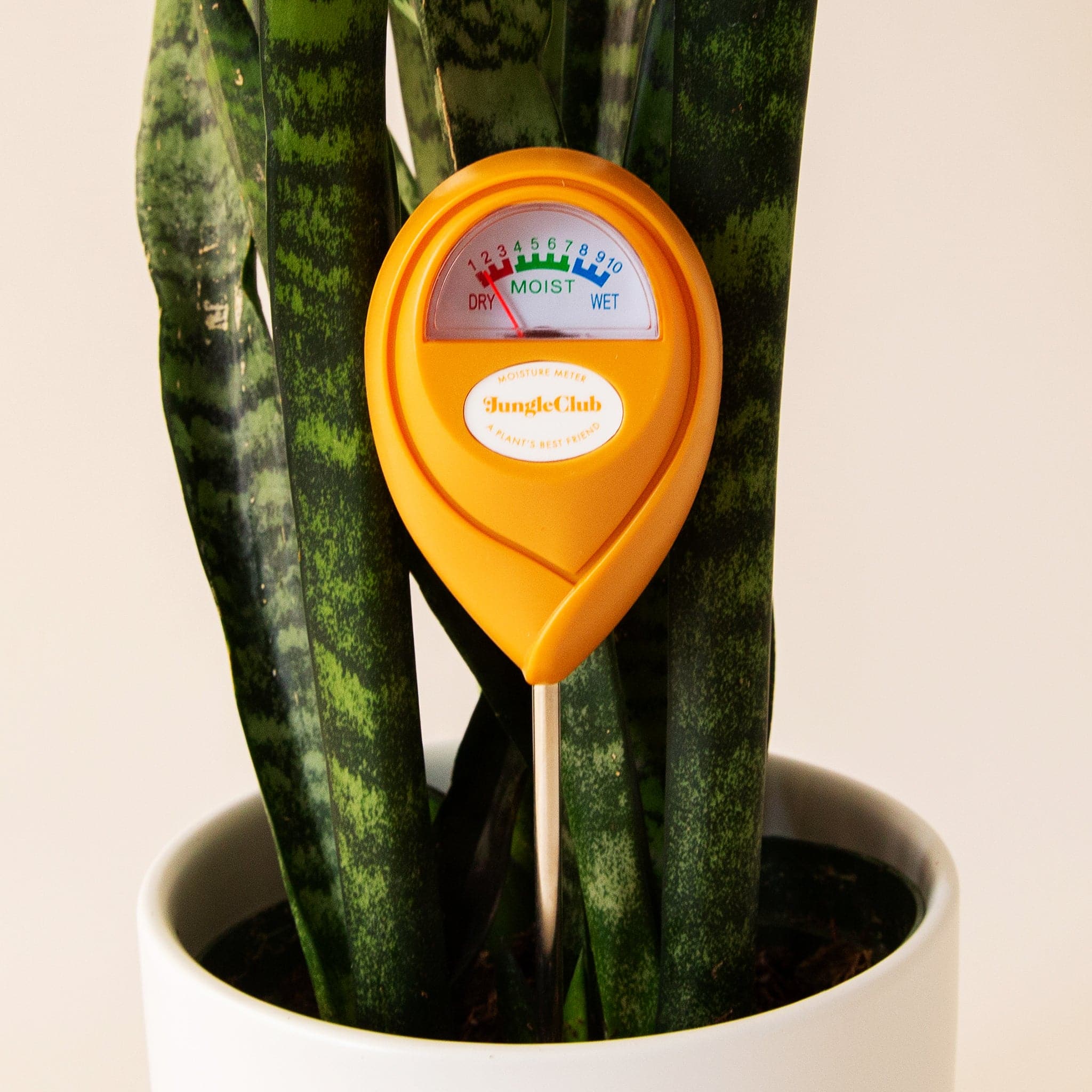Moisture Meter Purchasing Guide: What to Look for in High-Quality Instruments
Moisture Meter Purchasing Guide: What to Look for in High-Quality Instruments
Blog Article
The Ultimate Overview to Moisture Meters: A Comprehensive Overview and Exactly How They Can Conserve You Cash
In the world of structure upkeep, building and construction, and various markets, the value of properly determining moisture levels can not be overstated. Moisture meters offer as vital tools in finding and checking moisture web content in materials, helping in avoiding pricey problems and making certain the high quality of products. Understanding the nuances of different sorts of moisture meters, their applications, and the possible cost-saving benefits they provide can be a game-changer for experts and businesses alike. Finding how these tools can not only simplify processes but also add to financial cost savings is a trip worth getting started on.
Sorts Of Moisture Meters
One usual kind is the pin-type moisture meter, which measures the electric resistance in between 2 pins inserted into a material. Pinless moisture meters, on the various other hand, usage electromagnetic sensor plates to check a larger area without causing damages to the material's surface area.
Infrared moisture meters determine the thermal properties of a product to determine its dampness material non-invasively, making them useful for applications where pin or pinless meters may not be appropriate. Understanding the various kinds of dampness meters readily available can assist sectors pick the most appropriate device for their particular moisture dimension needs.

Benefits of Utilizing Moisture Meters

Additionally, utilizing dampness meters can bring about raised energy efficiency. By recognizing locations with high wetness degrees, such as leaks or bad insulation, modifications can be made to enhance energy preservation and lower utility costs. In agricultural settings, moisture meters play an important function in maximizing crop yields by allowing farmers to check soil wetness levels and make informed watering choices. Overall, the advantages of using moisture meters span across numerous industries, offering economical options and promoting much better quality assurance methods.
Exactly How to Choose the Right Moisture Meter
Choosing the proper moisture meter involves taking into consideration crucial aspects such as material compatibility, dimension range, and calibration precision. When choosing a moisture meter, it's important to make certain that the meter appropriates for the particular material you will certainly be testing. Various materials have differing electrical properties that can affect moisture analyses, so selecting a meter made for your material is important for exact results. Additionally, take into consideration the measurement array of the dampness meter. Guarantee that the meter can identify dampness degrees within the array needed for your applications. Calibration accuracy is another critical aspect to bear in mind (Moisture Meter). Go with a moisture meter with trusted web calibration to make sure specific and consistent readings. Some meters might call for periodic calibration adjustments, so recognizing the calibration process is very important. By thoroughly reviewing these factors, you can choose a dampness meter that meets your requirements and gives exact moisture measurements for your projects.
Correct Strategies for Moisture Meter Usage
To guarantee exact dampness analyses and optimize the effectiveness of a moisture meter, utilizing appropriate methods is essential. When using a pin-type dampness meter, insert the pins or probes into the material being evaluated up until they make complete call. Guarantee the pins are vertical to the surface area to obtain one of the most specific analysis. For pinless dampness meters, hold the gadget level versus the product and relocate gradually to cover the whole location for an ordinary analysis. It's essential to adjust the wetness meter according to the product being examined to boost precision. Take numerous click this link analyses throughout the surface area and typical them out for a much more reliable result. Furthermore, make sure that the material being evaluated is accustomed to the atmosphere to avoid skewed readings. Regular maintenance of the moisture meter, such as cleansing the pins or sensing unit, is likewise important to make sure constant and accurate readings. By following these correct strategies, customers can count on their wetness meter to provide reliable wetness degrees, assisting in stopping expensive damage or making certain top quality in different applications.

Expense Cost Savings With Moisture Meter Applications
Exactly how can the strategic usage of dampness meters lead to significant price savings throughout different industries? In the farming sector, moisture meters help in establishing the ideal time for harvesting crops, avoiding excess or over-drying dampness that can influence the last item's quality.

Furthermore, in the food processing industry, moisture meters are important for keeping an eye on item high quality and making sure conformity with security guidelines. By properly gauging wetness material in food, producers can avoid putridity, preserve freshness, and reduce waste, resulting in significant cost financial savings. On the whole, the critical application of wetness meters is a useful investment that can result in substantial cost decreases and boosted effectiveness across various sectors.
Final Thought
In final thought, dampness meters are valuable devices for spotting and determining dampness degrees in various products. By making use of the best dampness meter and following proper methods, customers can efficiently prevent expensive problems caused by excess wetness.
Wetness meters offer as essential devices in identifying and keeping track of moisture content in products, assisting in avoiding pricey damages and making sure the quality of products. Infrared moisture meters gauge the thermal homes of a material to identify its dampness material non-invasively, making them beneficial for applications where pin or pinless meters might not be ideal.Dampness meters supply important advantages in precisely assessing and keeping track of wetness levels in diverse materials and environments. In agricultural settings, moisture meters play a vital function in enhancing crop yields by enabling farmers to monitor soil dampness degrees and make notified irrigation decisions.In conclusion, dampness meters are beneficial devices for identifying and gauging moisture degrees in numerous materials.
Report this page